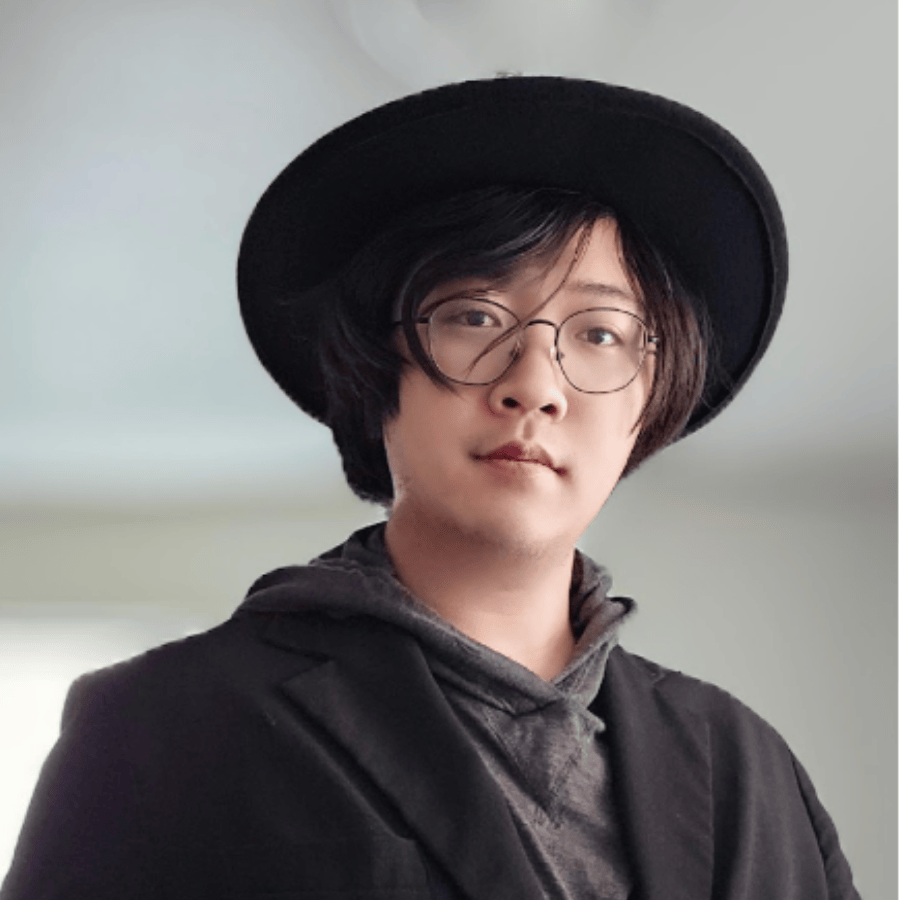Seungwon Choi
Listen to my KRCL Feature:
Biography
Seungwon Choi, a senior communication major at the University of Utah, aims to blend academic excellence with real-world skills. When not taking journalism courses, he performs street magic in downtown Salt Lake City on weekends. These performances sharpen his ability to connect with diverse audiences spontaneously — a complement to his passion for transforming people's stories into engaging content. This unique combination of communication expertise and performance art prepares him for a journalism career where creative storytelling and human connection are essential.
Reporter's Notebook
I was never someone who had a strong interest in sports. I couldn’t understand why people carde so much about what someone else achieved in a certain event or why they were curious about athletes' lives. Women’s sports were even less popular and barely visible. But as I took this class and worked on assignments, I began to realize sports fans don’t simply admire athletes for their looks or fame, they admire and support the effort behind their achievements.
Some may judge athletes purely based on measurable outcomes, like a winning record or social media followers. But I came to understand it’s the unseen effort that truly makes them shine. I also realized that sports journalists play an important role in revealing those efforts. That made me feel that the work I put into this class wasn’t just about fulfilling a requirement, but was about contributing to telling the true stories of these athletes and who they really are.
I’m the one who finds it difficult to open up to strangers. So, the idea of contacting people I didn’t know and conducting in-depth interviews felt overwhelming at first. But when I pushed myself to do it, I was surprised at how warmly people responded. They welcomed my questions and were passionate in their answers. That experience was one of the most rewarding surprises of the semester.
I also had a chance to observe an interview with the Utah Royals as part of class. Watching the way journalists interacted with the athletes taught me a lot. They began by asking how the players were doing, not just as a formality, but as a way to connect. Now, looking back, I realize that those questions reflected what fans genuinely wanted to know.
As I’ve said, I’m not a huge sports fan. The only sports moments I usually care about are international events like the Olympics or the World Cup, and even then, I enjoy them more for the shared experience with friends or family. But watching two games in person and feeling the crowd’s energy made me understand that, for some people, sports are a vital part of their lives. And if that’s true, then the job of a sports journalist, someone who brings those stories to light, is incredibly important.
At the beginning of the semester, my professor told me I can’t always write about topics that I’m personally interested in, which was a shock. But as time passed, I realized that doing my best with what’s in front of me opens up new paths. Of course, I can’t always choose what to write about. Instead, I need to think about what the public is curious about, and within that, find stories I can tell. In the end, I’ve come to believe that figuring out what the audience cares about is the heart of what journalism should be.
This assignment was assisted by AI in translation from Korean to English.

